‘What the heck is an edible birds’ nest?’ – Mia Dunphy
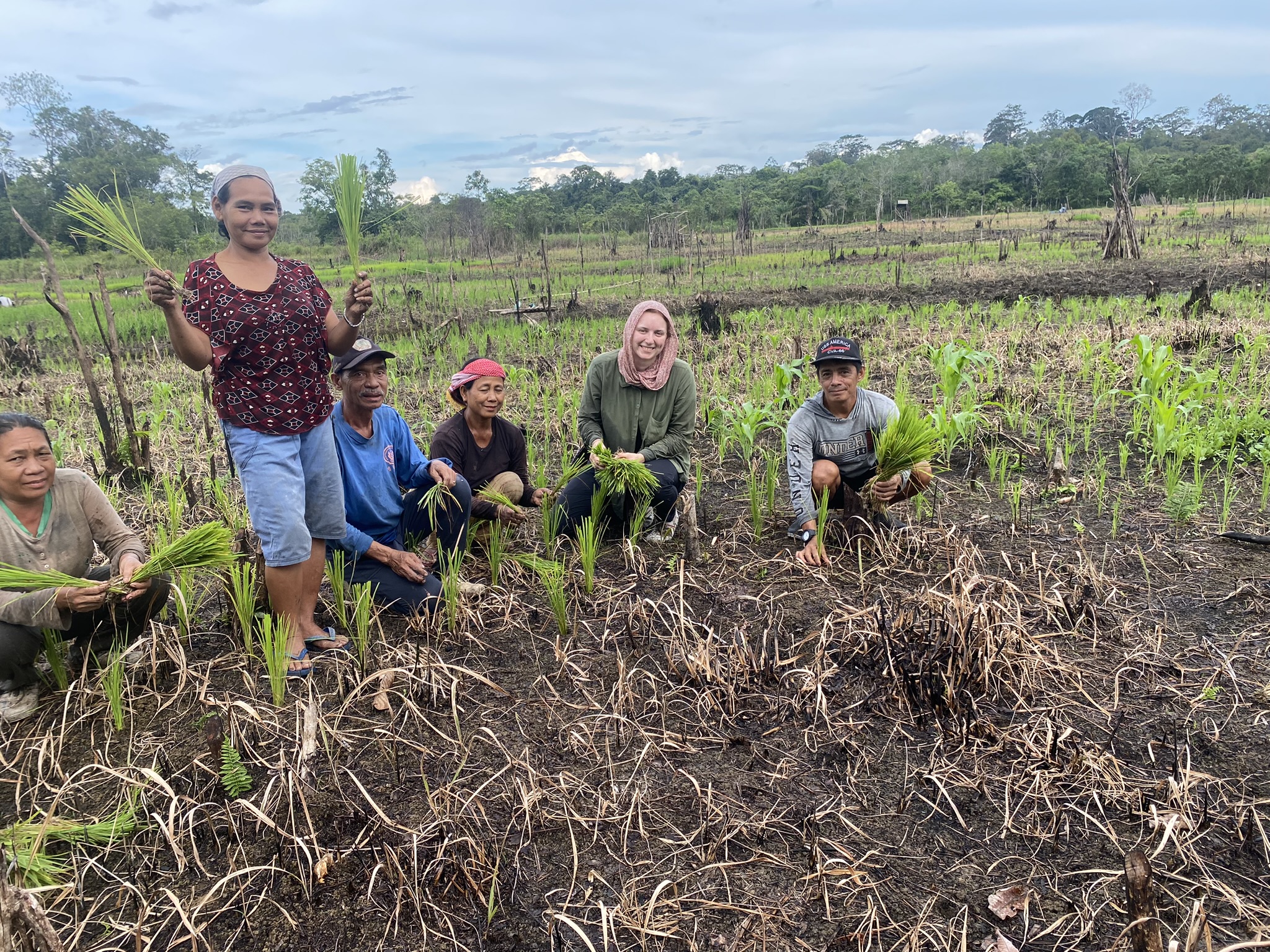
Written by Bridget Mullany
This month we are delighted to have the wonderful Mia Dunphy as our RAID member spotlight!!
Mia is in the final year of her PhD candidature at the University of Melbourne and has had a unique journey that has landed her in the world of academia. As an 11-year-old, Mia and her family spent time in North Sumatra, working in a National Park. While they only spent a short time living there, the forest, people and environment had a big impact on Mia, where her interest in the socio-political side of environmental governance and local livelihoods grew. Her current research pursuits reflect a commitment to understanding and addressing the socio-environmental challenges faced by local communities in West Borneo, Indonesia. She’s a rice lover, a camping enthusiast and has a profound connection with the environment that informs her academic pursuits and personal endeavours alike.
So, let’s get into it – what the heck is an edible bird’s nest???
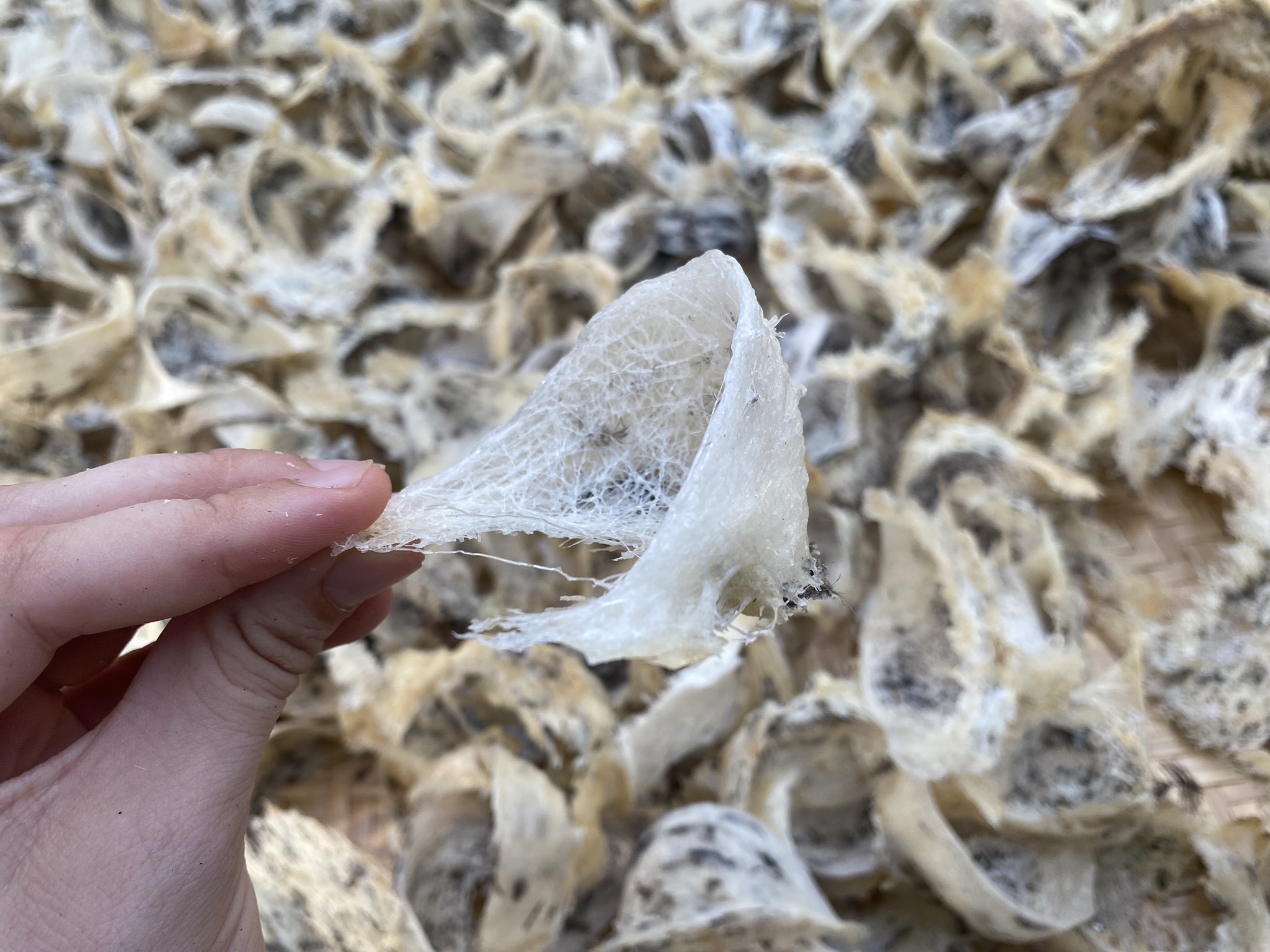
To start with, we asked Mia to explain her current research.
‘I’m in my final year of my PhD at the University of Melbourne looking at gendered livelihood and agricultural changes that have occurred alongside the intensifying harvest and sale of edible birds’ nests in rural West Borneo, Indonesia!
The next question, that usually comes after I say this, is ‘what the heck is an edible birds’ nest?’ It is what is sounds like, but the nests are made from the hardened saliva of the swiftlet bird (Aerodramus spp.) found throughout Southeast Asia. The nests are found glued on to limestone walls in caves or more recently in purpose-built farmhouses. Once extracted, the nests are commonly traded and eaten as “birds’ nest soup” in East Asia. My research examines these changes by looking ethnographically at one village where households have somewhat transitioned from cave harvesting to farmhouses as the trade intensifies. I examine the changing gendered roles and livelihoods strategies Dayak men and women undertake to move towards a more prosperous life.’
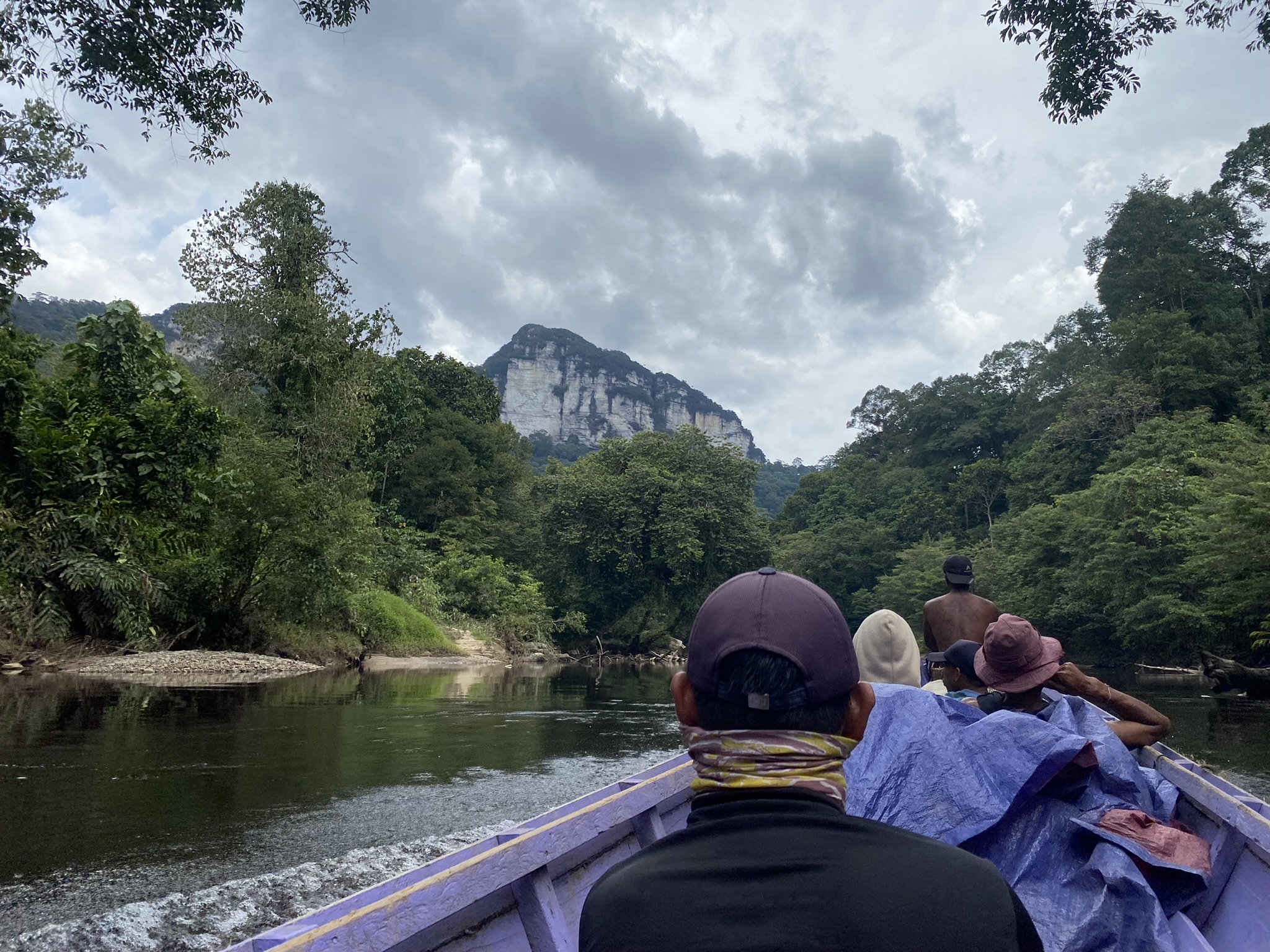
Like many of us, Mia had not heard about edible bird’s nest before her supervisor (Prof. Wolfram Dressler) introduced her to the topic. We asked Mia what her biggest inspiration is to be involved and continue this research?
‘My biggest inspiration for everything I do is the families in my field site in Indonesia. I have made the most incredible friendships and adopted families over there and I have learnt so much from them. I am about to go back over to West Borneo where I did my field work to attend my adopted brother’s wedding! I love learning from and with people. They have embraced me with open arms, and I want to make sure the work I do speaks truth to them.’
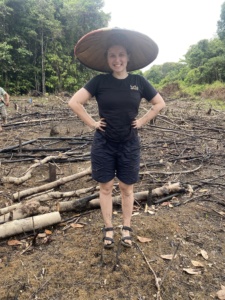 Early career research can be a daunting and challenging time. We asked Mia about the what the biggest challenge getting to where she is today has been?
Early career research can be a daunting and challenging time. We asked Mia about the what the biggest challenge getting to where she is today has been?
‘I know it sounds corny but the biggest challenge I deal with daily is believing in myself. I have always felt like an imposter, particularly in academia. It’s such a competitive and ruthless industry, and I’ve often felt like an outsider who accidently ended up here. Although this is common for early-career researchers, I think there needs to be more positive feedback and celebrating the small achievements!’
She’s also got some advice for advice for others pursuing a career in international ag and development.
‘There are so many incredible avenues that you can pursue in international agriculture and development which I think is really exciting. I have a lot of advice, but the main piece of advice would be to ensure your work/project/research collaborates with local people. Two big issues in development and research are top-down agendas and people extracting information from local peoples without local benefits. For me, the most important thing is ensuring that whatever you do has consent and participation/collaboration with local people.’
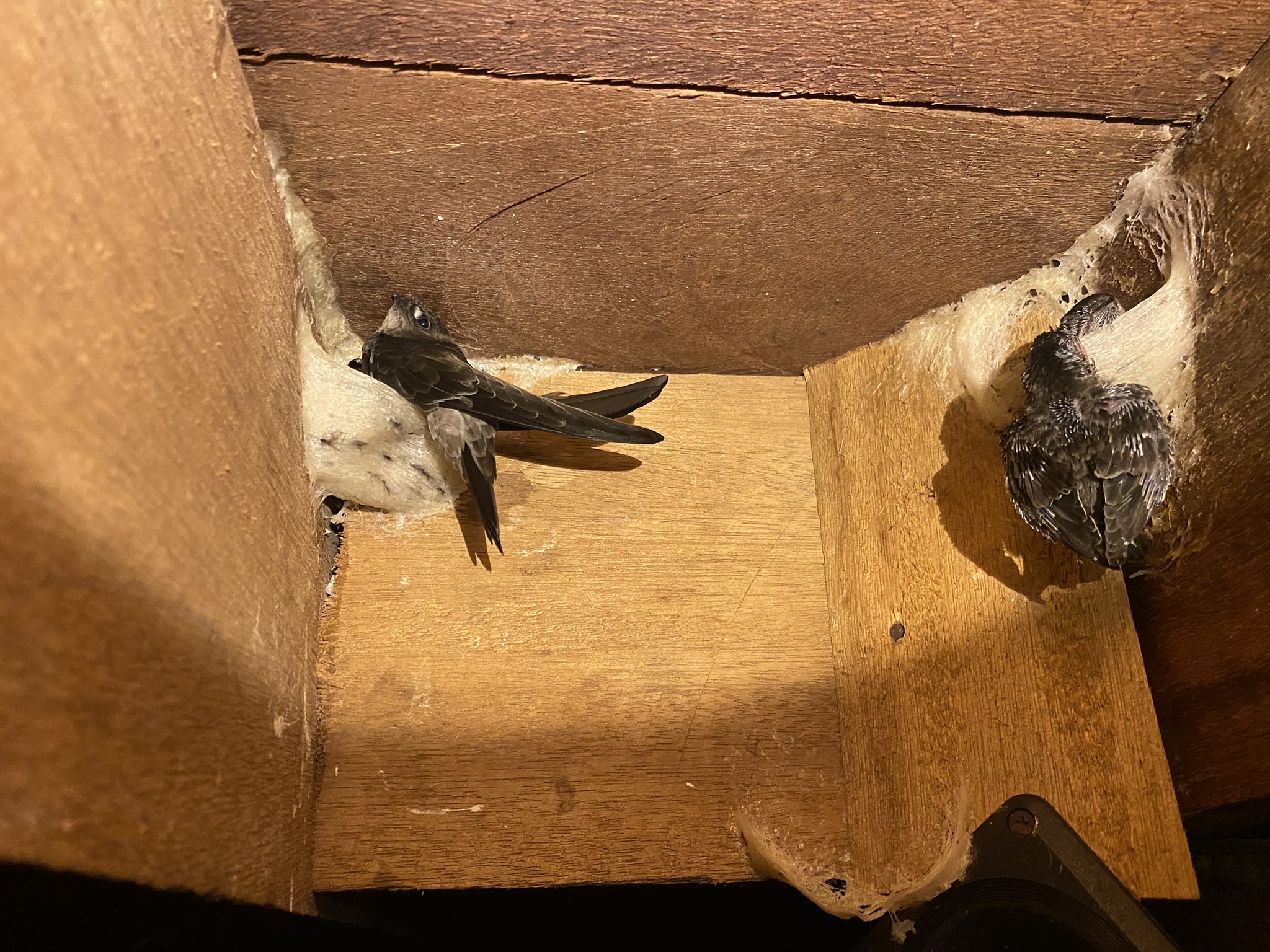
To finish off we asked Mia, why research in the international agriculture and development space is so important.
‘This is a good question and I had to think about it for a minute. We live in a globalised world with constant forming and reforming policies and programmes. International agriculture and development has an important role in working towards greater prosperity for local communities and broader society. This may mean using your power and platform to speak truth to power, generating new knowledge, or assisting the development of local practices. Whatever your passion is within this space, we are all working towards a more sustainable, just world.’


